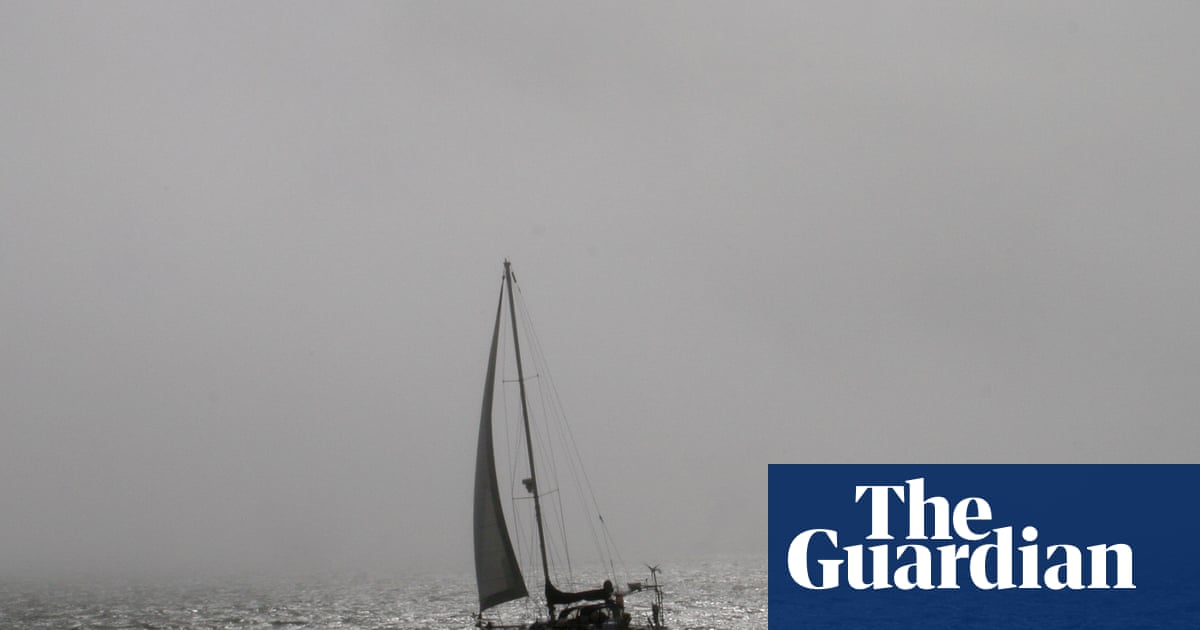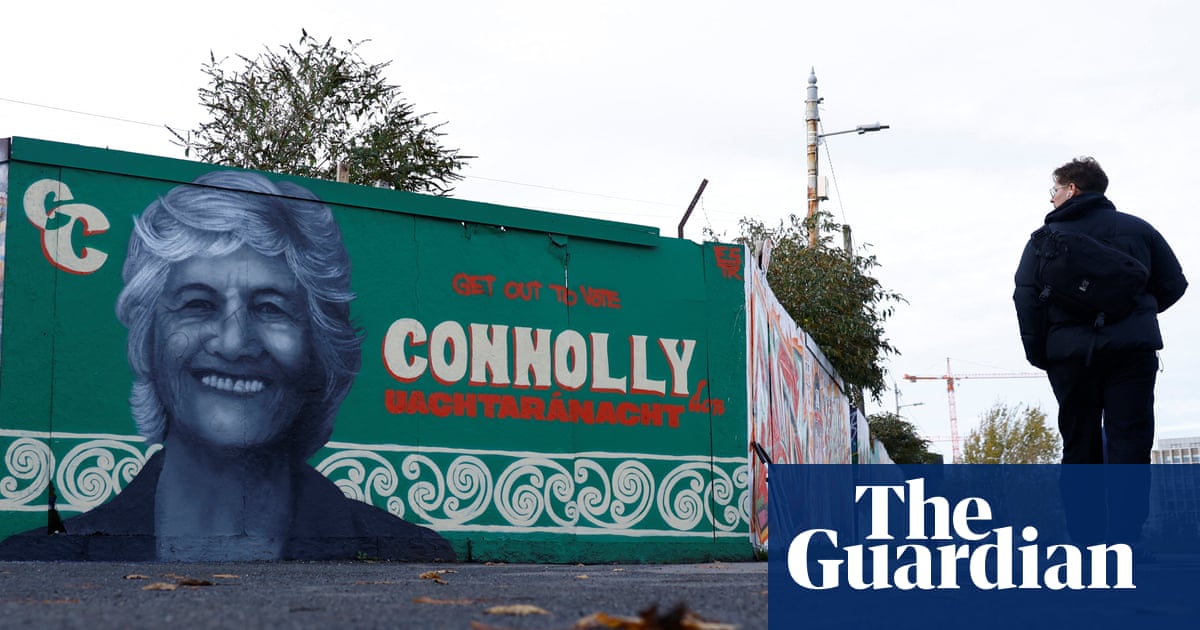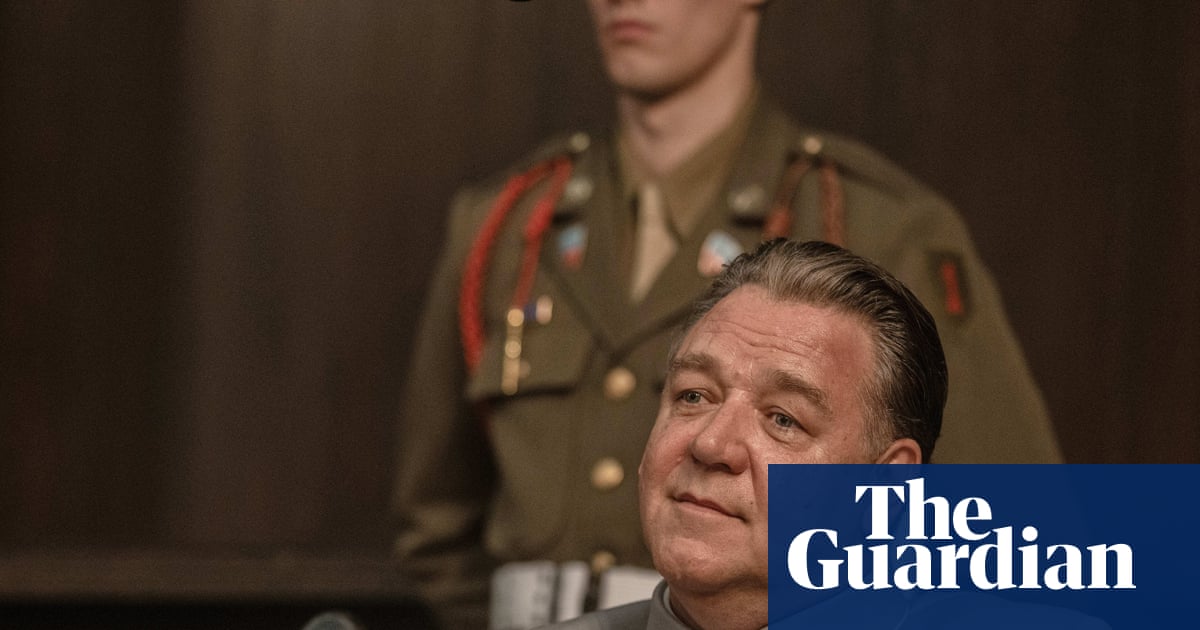At last year’s Toronto film festival, genre-switching Scottish director David Mackenzie premiered Relay, his sly, charmingly lo-tech riff on paranoid thrillers of the 70s. It was a film that sadly crumbled in its last act (and at the box office months later) but it was an admirable attempt to do the one thing people keep begging of directors: make the kind of films that they used to make.
His follow-up, Fuze, also premiering at Toronto, is another hark back, just not quite as far this time. It’s closer to something that might have come out of British cinema in the early 2000s, a fruitful period for the crime thriller, spurred on by the emergence of Guy Ritchie and a desire to both return to classics of the 60s and 70s and beat Hollywood at its own game. In fact, it’s a film that would have hugely benefitted from Ritchie and his considerable swagger at the helm, resembling the kind of action thriller he might have taken on in his recent, underrated period, of expertly made if ultimately low-level winners.
In Mackenzie’s hands, it’s a little flat, looking and feeling more like an ITV drama, sorely missing both a sense of cinema and a vibrant personality. The film kicks off with a burst of loud music, coupled with titles that suggest some attitude, albeit of a dated variety, and ends with something similar, with the last-minute arrival of some cheeky humour shared in some “what happened next” text and a spunky Ramones outro (Mackenzie has said the film is supposed to feel like “a heist film made by the Ramones”). But in-between these points, it’s all rather pedestrian, with a plodding TV score and a dearth of energy, a killer for a film about both a ticking bomb and a daring heist.
It starts immediately with the discovery of the bomb (Mackenzie and screenwriter Ben Hopkins do get credit for keeping things at a tight 91 minutes), a second world war relic found on a construction site in London. It leads to an evacuation and the command of a military bomb expert (Aaron Taylor-Johnson) working with the local police (headed up by Gugu Mbatha-Raw). As they try to control the scene, a secret heist is under way (led by Theo James and Sam Worthington), all strands soon converging in ways that would be too spoiler-y to reveal.
It’s no surprise that things are not as they initially seem and the hatched plan is a fun idea, at least in practice. But while there’s something engaging in how the film takes us to a place so, literally, far from where we started, how we get there is not as entertaining or propulsive as it should be with anonymously staged action, easy-to-spot twists and a crucial lack of suspense. What had first seemed clever dissipates into silly, a masterplan reliant on far too many variables to make much sense. Yet Hopkins and Mackenzie seem convinced there’s something smarter afoot, ending their film with a baffling flashback that adds nothing but a sense of confusion to the ending and what they think their film is.
Even before the mildly superior Relay fell afoul of a rotten ending, the film suffered from Mackenzie’s lack of style in certain setpieces, taking us to De Palma territory but without any of his precise choreography and sleek command. There’s a similar problem here and we maybe could have been distracted away from the script’s mediocrity by some more kinetic camerawork or by a score that made us feel something more (like the work done by the goosebump-giving music for Ritchie’s patchily plotted Wrath of Man). It’s somewhat lifted by an attractive cast who all know how to hold our attention (Mackenzie, like Ritchie, has an eye for actors who wouldn’t look out of place heading up a fashion campaign) but it’s never in service of all that much. Fuze isn’t quite a bomb but you’ll be frustrated at the lack of a spark.
-
Fuze is screening at the Toronto film festival and will be released later this year

 2 months ago
64
2 months ago
64

















































